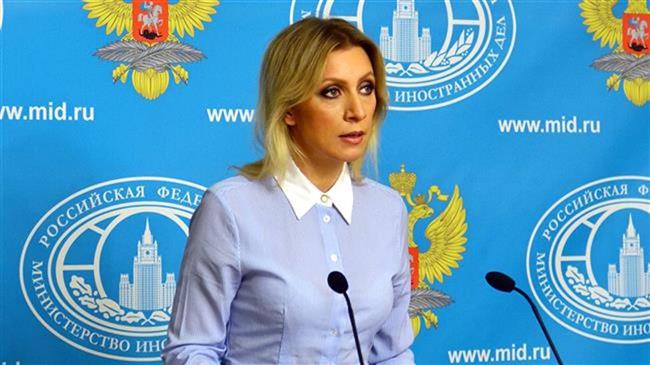Moscow: NATO planning to create ‘military Schengen’ near Russia
A senior Russian military official says NATO has a new priority of creating a “military Schengen” to enable the rapid deployment of military forces and hardware near Russian borders.
“The new priority of the military-political leadership of NATO is the improvement of the logistics and transport infrastructure within Europe, and the creation of the so-called ‘military Schengen’ area,” Russia’s Deputy Defense Minister Colonel General Alexander Fomin said in an interview with the daily Krasnaya Zvezda on Monday.
“The essence of the ‘military Schengen’ is to move troops to Russian borders within the shortest period of time possible,” Fomin said, adding that that was the conclusion of the Russian military leadership.
He said stocks of weapons, ammunition, and food were being prepared for the rapid deployment of an additional NATO contingent of troops to various parts of Europe.
Currently, the US-led military alliance has coordination centers in Estonia, Poland, Hungary, Romania, Lithuania, Latvia, Bulgaria, and Slovakia.

The American commander-in-chief of NATO forces in Europe claimed last week that Moscow was engaged in an attempt to “change the world order.”
“Russia is working hard to change the world order, divide NATO, and undermine US leadership in order to defend its regime. Russia aspired to maintain dominance over its neighbors, and to achieve greater control around the world,” said US Army General Curtis Scaparrotti while testifying at a hearing before the US Senate’s Armed Services Committee on March 8.
He accused Russia of having “the willingness and capability” to interfere in countries that neighbor it.
Relations between the West and Russia nosedived to their lowest since the days of the Cold War after armed conflict began in Ukraine in 2014. Western countries have been brandishing the so-called “Russia threat” ever since to justify the deployment of forces on NATO’s so-called eastern flank, i.e. near Russia’s western borders.
Russia has viewed such military activity with concern, saying that Western countries seek to encircle it.
‘All wars have rules. All of those rules have been broken’ by Israel
VIDEO | Report flags India’s violation of rights of Rohingya detainees
Turkey's foreign minister meets Syria's de facto leader in Damascus
'Next to impossible' to rescue patients from Gaza's Kamal Adwan Hospital: Director
VIDEO | Vietnam current prosperity
Report blames gasoil exports for shortage at Iranian power plants
VIDEO | Hind Rajab Foundation names Israeli war criminals vacationing after Gaza genocide
VIDEO | Australians rally for Gaza ahead of Christmas festivities












 This makes it easy to access the Press TV website
This makes it easy to access the Press TV website